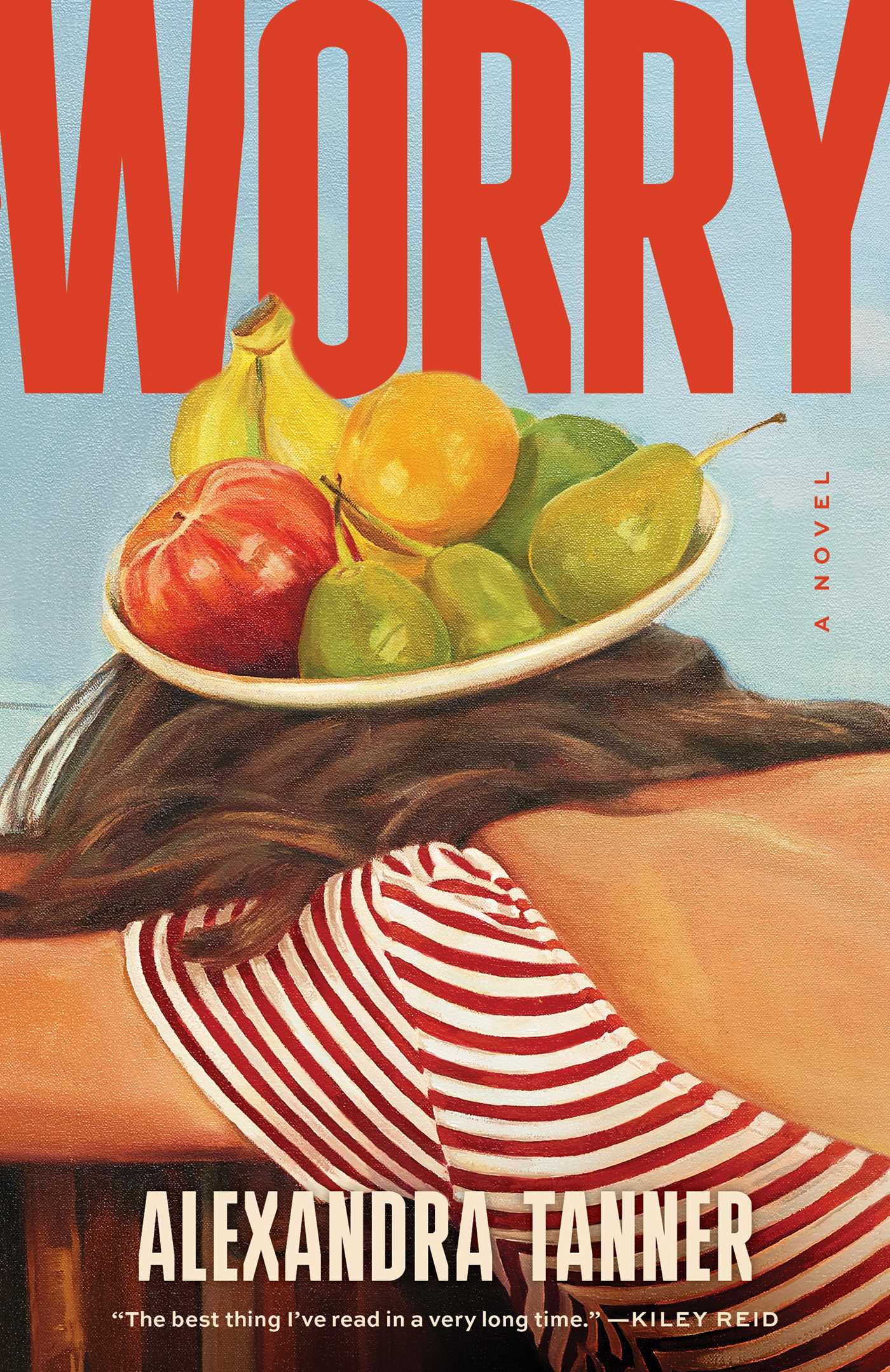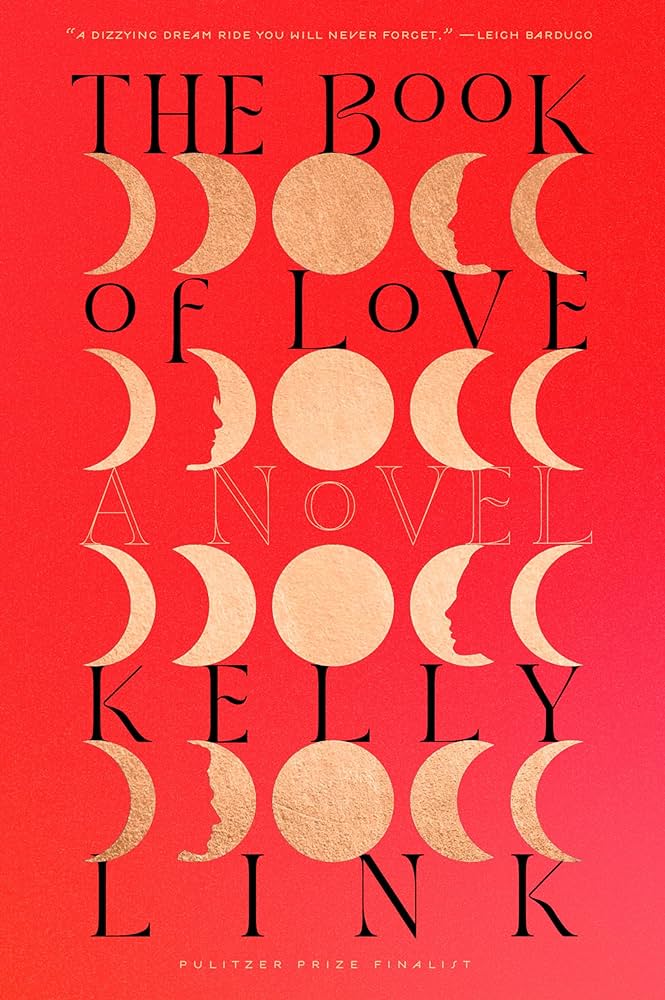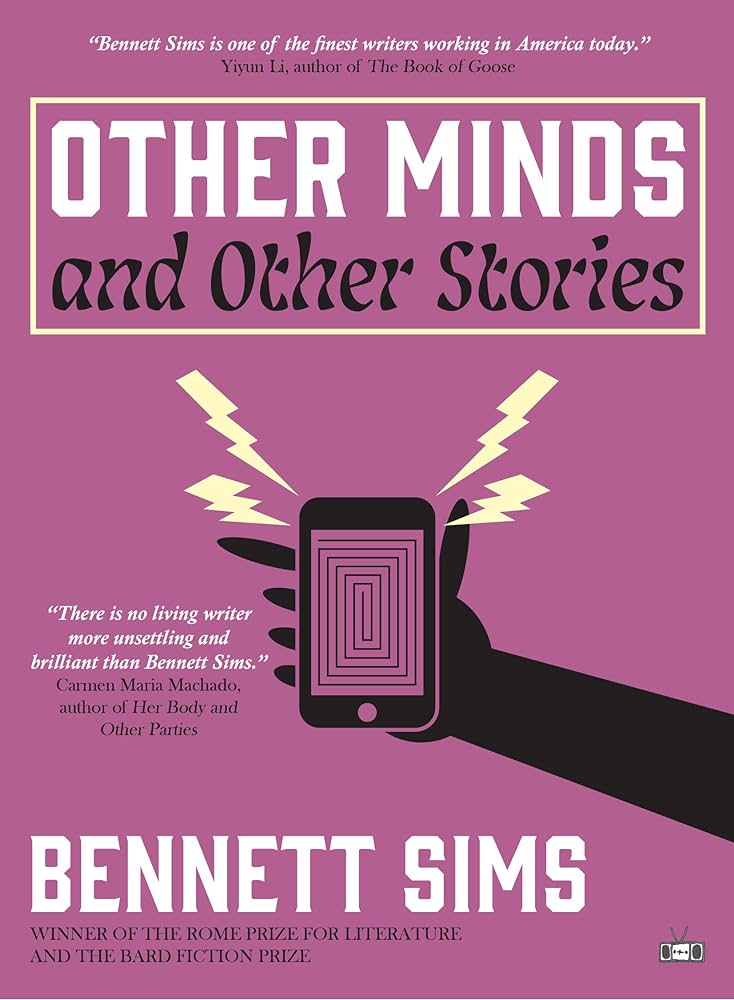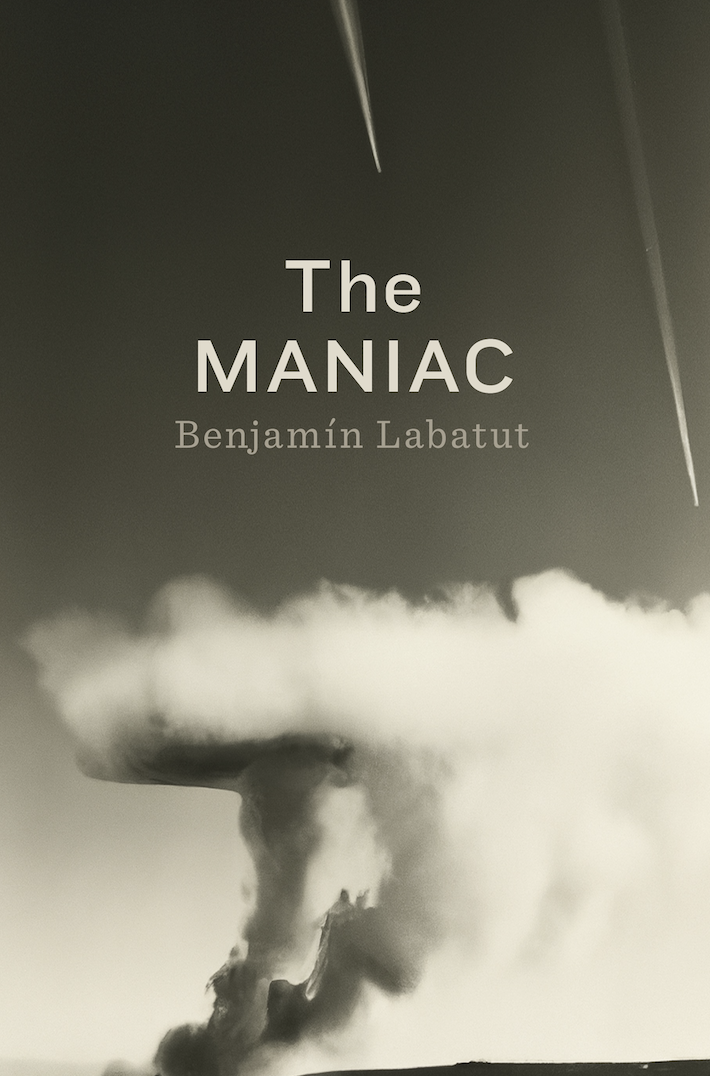1.
 “Play the Man,” the first story in Jim Gavin’s superb debut collection, Middle Men, opens with a recounting of the martyrdom of St. Polycarp:
“Play the Man,” the first story in Jim Gavin’s superb debut collection, Middle Men, opens with a recounting of the martyrdom of St. Polycarp:
The Romans had a hard time killing Polycarp . . . .[S]urrounded by bloodthirsty pagans, he heard a voice. “Be strong, Polycarp . . . and play the man.” [He] smiled calmly at his persecutors. They tried to set him on fire, but his flesh would not be consumed. They pierced his heart with a sword, but a dove issued from his chest. The afternoon dragged on like that, miracle after miracle . . .
Simply taken in the context of Gavin’s narrative, that tale explains the motto painted on the gym wall at the school where the story’s narrator, Pat Linehan, transfers after the basketball coach at his previous school says he wasn’t good enough to play there. But Gavin uses Polycarp’s martyrdom for more than mere surface detail.
In the legend, the sentence that gives Gavin’s story its title is a heavenly exhortation to the saint to stand firm by his principles. That meaning, however, eludes the boys in the story. Although the motto hovers in the background of every move they make on the court (where they are, it turns out, nearly inept), they can only think of it in terms of basketball defense. “[But] we play zone,” one of them objects.
There, in the story’s first few hundred words, Gavin lays out the central concern of his collection: the tension between the ordinary life and the extraordinary. All of Gavin’s protagonists are rooted in the former. Most have aspirations but, consistent with the fact that the characters are firmly earthbound, even those are dim.
Linehan has his eyes fixed on a basketball scholarship to a Division I college but when he voices his dream, he can’t bring himself to name places like Duke or North Carolina but invokes lesser programs: Fresno State, UC Santa Barbara.
The protagonist of “Elephant Doors,” a TV production assistant, wants fame as a stand-up comic but will be happy with the security of a five-year contract for the show, while the narrator of “Illuminati” is looking to reclaim the small glory he once attained when he sold a script to Hollywood for, by Tinsel Town standards, a pittance in five figures.
To make his characters’ ordinariness seem all the more so, Gavin contrasts them repeatedly with men who have gained true greatness. Linehan has Polycarp. In “Costello,” a plumbing salesman drives 50,000 miles a year but all on the Los Angeles interstates; at home, he reads about Ferdinand Magellan, inspiring him to think of the miles he accumulates as “circles of latitude.” In “Illuminati,” the failing screenwriter listens as two men relate a story they hope he’ll turn it into a screenplay. As they describe what is, in fact, a pale version of either “The Most Dangerous Game” or Predator, they sit beneath a painting of Teddy Roosevelt charging up San Juan Hill, yet another reminder in the background of Gavin’s stories that, while his characters chase meager dreams, others actually did become larger than life.
2.
Despite a cast of such characters, Gavin’s collection is often comic. Individual sentences are laugh-out-loud funny: “I’m going to Cypress Junior College,” someone says in “Play the Man.” “My step-mom went there, so I’m a legacy.” In “Elephant Doors,” a man offers evidence of the glorious past of a film studio: “There’s a lot of rich history around here. Did you know this is the soundstage where they filmed Anaconda II: The Hunt for the Blood Orchid?”
Most of the humor, however, is situational.
In “The Luau,” a young plumbing salesman gains a mentor – except the mentor is terrible. He advises his protégée to buy a fancy car to impress customers but admits that when he did the same thing, exceeding his financial reach, the car was repossessed. Later, the mentor tells an inappropriate story to a customer that makes the customer dismiss them. “I think I fucked it up,” the mentor admits, then adds, “But at least I was talking.”
In “Costello,” characters anticipate an awards banquet and golf outing they consider first-rate since the organizers were “going all out . . . Prime rib, champagne, napkins.” At the event, however, the ceremony ends up in a parking lot after guests fall down drunk in sand traps and others hit golf balls from careening golf carts, causing the course manager to shut down the event.
Fittingly, since its protagonist is a would-be comedian, the funniest story is “Elephant Doors.” Part of the humor comes from the fact that the jokes he tells at open mic nights are so awful. He begins one appearance, “I finally found the self-help book that’s going to unlock my potential. It’s called Mein Kampf.” When the crowd greets this with silence he forges on with another Hitler joke, producing more silence.
3.
While all of Gavin’s stories are gems, the crown jewel is the last, “Costello,” which centers on a 60-something-year-old plumbing salesman.
The story originally appeared in The New Yorker and on the surface seems one of those “New Yorker” stories that unperceptive readers complain about: a slice of life in which little happens: Costello floats in his pool, watches Dodgers’ games, avoids visits by his neighbors, calls on customers, and tries to resolve what, in his universe, amounts to a crisis: the recall of 500 defective ballcocks he’d sold to southern California home developers. His high point is the golf outing/awards banquet where he’ll learn whether he’s won regional “sales rep of the year.”
Costello’s entire life, it seems, has been narrow. Although he served in Vietnam as a young man, when he came home his ambition was finding a job that allowed him to work in air conditioning. He’s a Gary Cooper, doing little talking, especially about himself. In fact, much of what we know about him comes from “The Luau,” which centers on Costello’s son, the young salesman with the terrible mentor. We learn nothing, for example, about his tour in Vietnam, save that on R&R he had sex with a prostitute, the only woman aside from his wife he ever slept with. It’s one of Gavin’s finest strokes that even when the winner of the salesman of the year award gets announced, we have no insight into what Costello feels about the result; he’s as opaque there as he is about his time at war.
Yet, Costello has a heroism that eludes nearly all of Gavin’s other characters. When he has an appointment with someone at the company that produced the defective ballcocks and asks if they can visit the warehouse to make sure the replacements are in stock, the man refuses — he’s actually afraid since someone was attacked in the warehouse. Undaunted, Costello goes there alone and spends an hour counting the pieces to make sure they’re sufficient. At the banquet, after we learn who wins the award, Costello’s most overt gesture is to ask someone to call a cab for one of his drunken colleagues.
In every other story here, a character yearns for a different life than the one he or she has. (All of Gavin’s stories focus primarily on men, but “Bewildered Decisions in Times of Mercantile Terror” shifts point of view between male and female cousins; the woman longs to break out of her life so much that she wishes a plane she’s on might crash land.)
Costello, however, doesn’t seek anything beyond his life; he even clearly accepts the distance in glory between himself and Magellan. His lack of ambition is not a failing however: he just expects nothing more. His life is his life; he does what he needs to do.
After all of the unhappy characters striving for shallow aims, Costello’s quality allows Gavin to close the collection with a sense of quiet hopefulness. It also gives Middle Men a larger shape that makes it, as all good collections should be, greater in total than merely a succession of well-crafted stories.











